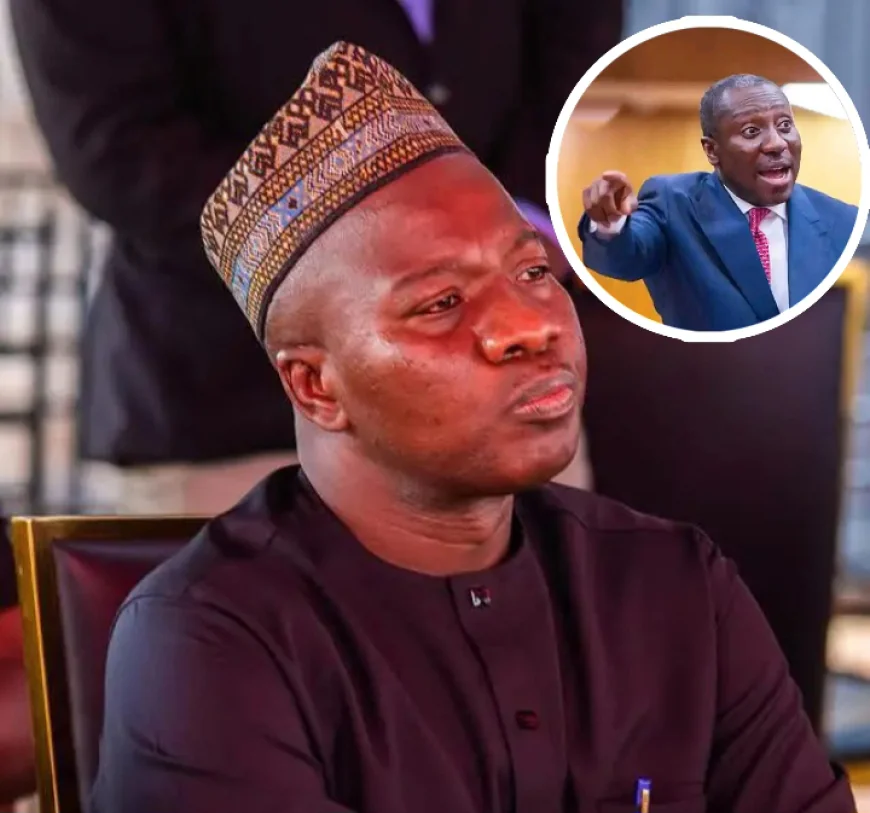Ayariga Rebukes Afenyo-Markin Over EOCO Criticism in Parliament
Majority Leader Defends EOCO’s Mandate, Urges Legal Action Over Rights Violations

The Majority Leader, Mahama Ayariga, has taken a firm stance against what he describes as efforts by Minority Leader Alexander Afenyo-Markin to undermine the work of state investigative bodies, particularly the Economic and Organised Crime Office (EOCO).
His sharp rebuttal follows Afenyo-Markin’s public condemnation of EOCO over the two-week detention of Abdul-Wahab Hannan, the former CEO of the National Food Buffer Stock Company, who is under investigation for suspected economic crimes. Hannan was released on Tuesday, July 8.
Addressing the matter on the floor of Parliament, Ayariga cautioned against using Parliamentary privilege to cast aspersions on lawful actions taken by government institutions. He insisted that Parliament should not be used to intimidate or interfere with the work of the Executive arm.
“I have a problem where we try to use this House as a platform to intimidate the Executive arm of government doing their work,” he stated.
He further advised that if anyone believes their rights have been infringed, the courts are the proper avenue to seek justice.
“The constitution is very clear. If anybody feels their rights have been violated, you go to court and you seek a remedy there,” Ayariga emphasised.
EOCO’s decision to detain Hannan for two weeks had sparked debate about due process, human rights, and the scope of EOCO’s investigative powers. Afenyo-Markin had described the detention as excessive and an abuse of power.
However, Ayariga defended EOCO, asserting that state institutions must be allowed to perform their duties without political pressure or premature conclusions.
The exchange highlights a growing political divide over how corruption investigations are handled in the country, especially when high-profile figures are involved. While the Minority continues to call for greater scrutiny of EOCO’s methods, the Majority insists that institutions must be protected to ensure the fight against corruption is not derailed.


